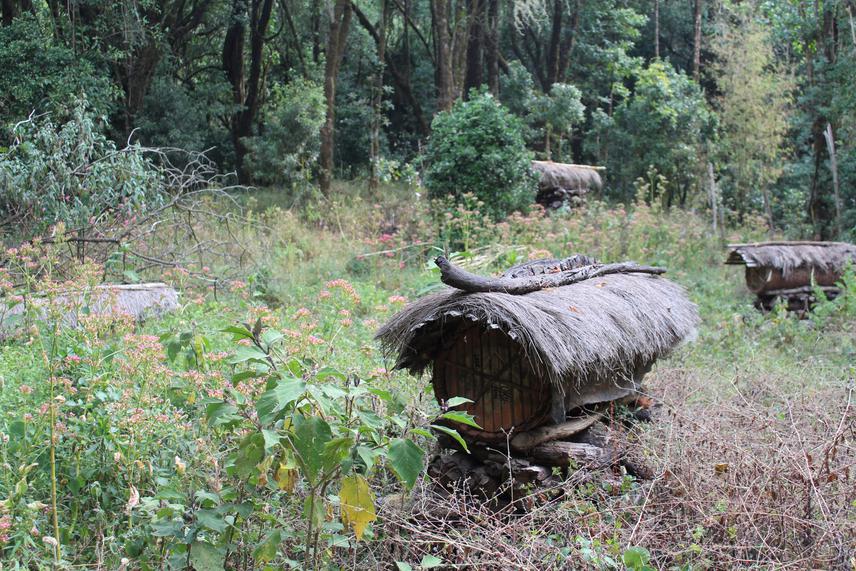Aghah Valery Binda
Other projects
18 Nov 2020
Advancing Community-Driven Conservation of Great Apes and Elephants in the Campo Ma’an National Park, Cameroon
The main goal of this project is to improve conservation of great apes and African elephants in CMNP by addressing the root causes of illegal hunting and human-elephant conflicts. Specifically, the project will:
a) heighten awareness of the importance of the park and the need to conserve it,
b) reaffirm positive attitudes towards elephants, promoting a message of tolerance and understanding of the needs and intrinsic value of wild elephants,
c) develop a business model for 60 hunters/farmers by building their capacity in sustainable commercial beekeeping,
d) train three site-adjacent communities on safer farming practices (e.g. block farming to enhance collaborative efforts in guarding fields) and on the use of beehive fences to deter elephants from farmlands thereby reducing elephant crop raids that often result in huge economic losses and the retaliatory killing of elephants.

Beekeeping. Viable Livelihoods Alternative to Bushmeat Hunting. ©Aghah Valery Binda
The Campo Ma’an National Park (CMNP) is identified as a priority site for the conservation of forest elephants (Loxodonta africana cyclotis) and two endangered great ape species, the western lowland gorilla (Gorilla g. gorilla) and the central chimpanzee (Pan troglodytes troglodytes). However, despite its importance in the conservation of these species and multiple other endemic species, its biodiversity is under increasing threats. Illegal hunting, land use pressure and subsequent habitat loss and human-wildlife conflicts result from poverty as local people rely solely on forest resources to meet their basic need. These threats have been largely blamed on the absence of proper conservation education, alternative protein and income-generating sources and effective human-wildlife conflict mitigation programs. There is thus an urgent need for these threats to be brought under control by addressing the above mentioned causes in order to secure key remaining populations of great apes and forest elephants whose loss will profoundly impact the larger forest ecosystems and affect lasting changes in the Campo Ma’an rain forest in particular and the Congo Basin forest in general.
Through conservation education, development of safer farming practices and sustainable livelihoods alternatives to hunting, and capacity building in using sustainable income-generating beehive fences to deter elephants, this project will improve conservation of great apes and African elephants in CMNP by addressing the root causes of illegal hunting and human-elephant conflicts.